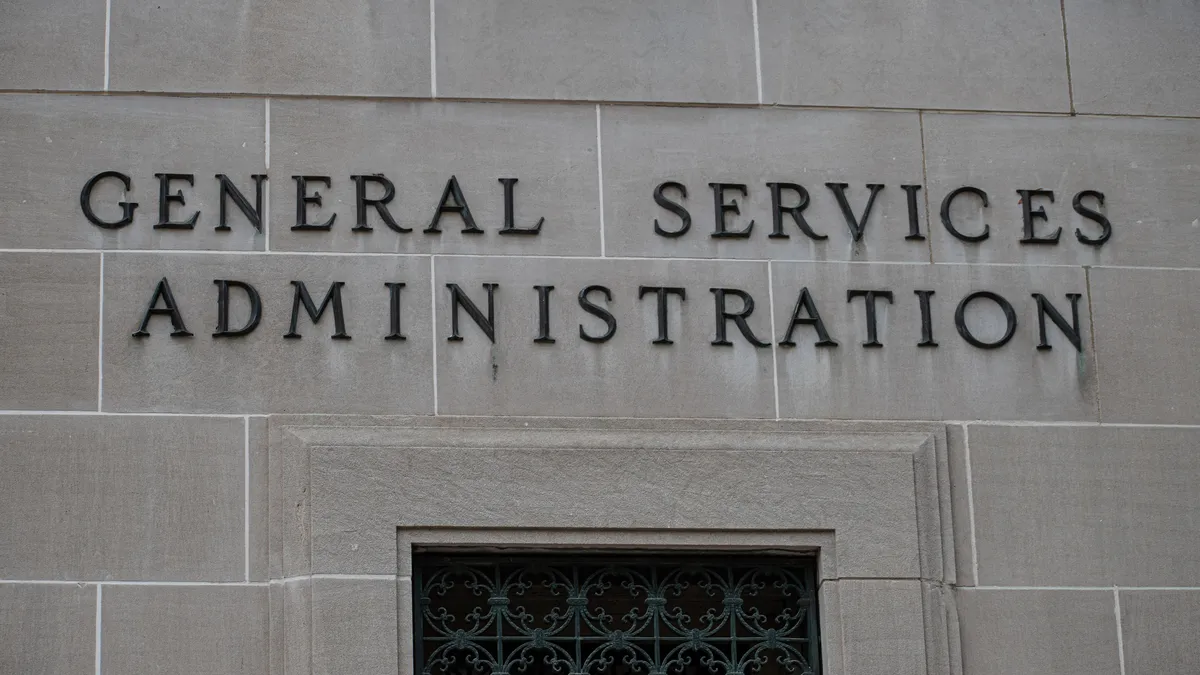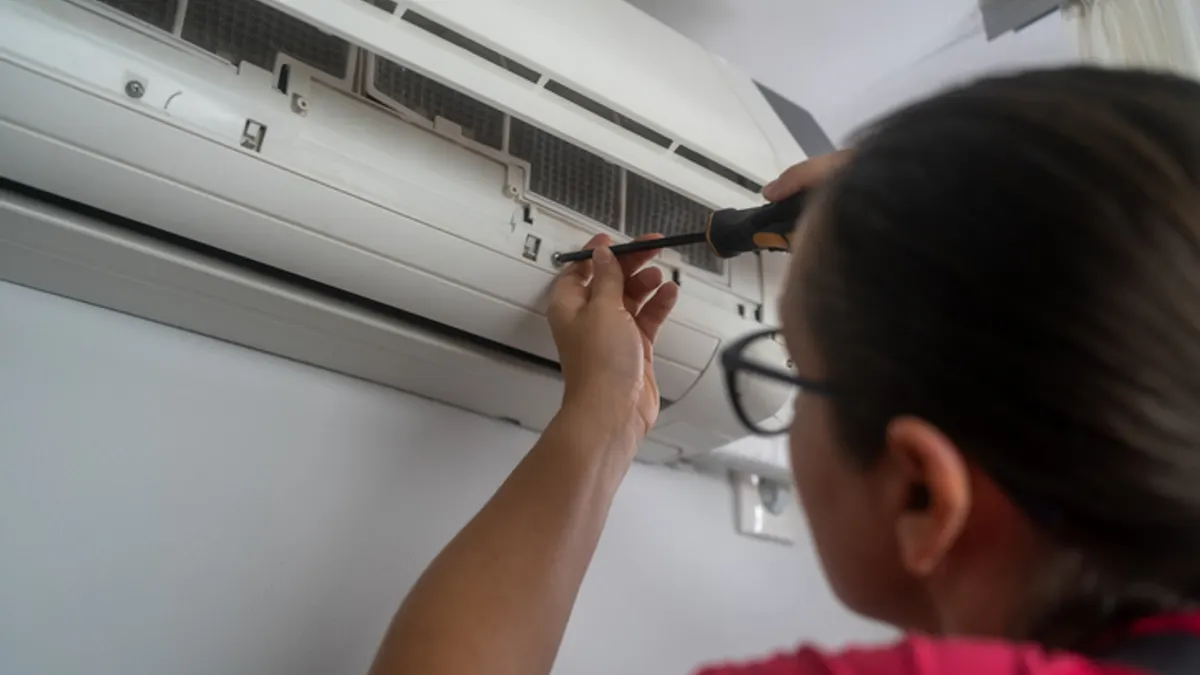Dive Brief:
- The General Services Administration released its plans for agency operations in the absence of appropriations Tuesday, in preparation for a possible federal government shutdown over the weekend.
- Under the plan, GSA-controlled federally owned or leased buildings will remain open to building occupants, but services provided in those buildings will depend on the operating status of the agency occupants and may be reduced from regular service levels.
- As the government’s property manager, the GSA’s order says, its personnel will be responsible for maintaining, protecting and preserving that property to a greater extent than many other agencies during a shutdown.
Dive Insight:
If Congress fails to pass appropriations bills or a continuing resolution by the end of the week, millions of federal employees will be furloughed or work without pay, according to Federal News Network. In the case of a shutdown, workers will fall into two categories: exempt or excepted.
Exempt employees are in positions financed through alternative funding sources, not annual appropriations, and would be unaffected by a lapse in appropriations until the alternative funding runs out.
Of 12,732 employees expected to be on board before the plan is implemented, just over 94% of GSA employees will continue to work and be paid in the case of a government shutdown. This includes 48.7% of employees who will be financed by a resource other than annual appropriations, and 45.6% who are compensated by carryover funds, which would decrease as these funds are exhausted or as staff members move from the status of exempt to excepted employees, GSA said. Five percent, or 685 employees, will be furloughed.
Under the GSA’s current-year accounts, excepted activities authorized to continue during a funding lapse include protecting life and federal property and performing contract obligations under no-year, multi-year, or other funds that remain available. Such activities include ensuring public health and safety; protection of federal land, buildings, waterways and equipment; providing emergency and disaster assistance; and maintaining the power distribution system.
32 employees are currently listed as excepted. The GSA notes that excepted employees include those that are paid through annual appropriations but must stay on the job, even with no funds available to pay them. This number could grow, as carryover funds are used up and as certain roles are determined to be excepted.
The GSA noted that in the event of a shutdown, it will no longer be able to support real and personal property disposal efforts as well as several government-wide policy functions. It will also delay government-wide intra-governmental payment and collections during a lapse in appropriations. Depending on the length of a shutdown and the availability of funds, other GSA activities may need to cease as well.
Many employees are set to continue working and getting paid at the GSA, while contractors or grantees will still receive timely payments for which an award is made and available funding was previously granted. However, new contracts may not be awarded except in support of excepted activities or when using an exempt funding source, the GSA noted.
The agency also stated it cannot purchase goods and services when funding has expired. For ongoing service contracts, contracting personnel must assess whether the goods and services “are needed at the same levels during a shutdown of governmental operations.”













